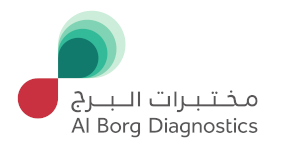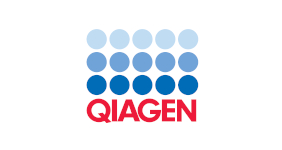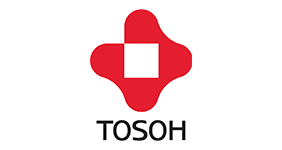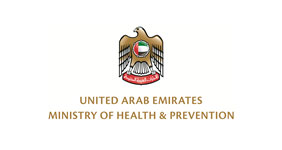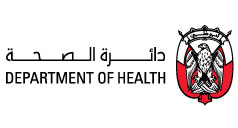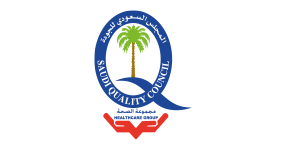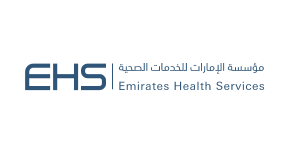Importance of complete proficiency testing program to improve clinical laboratory quality management
Author: Dr. Shyamali Pal
Director, PRE-EQC
Importance of a complete Proficiency Testing program to improve Clinical Laboratory Quality Management
Proficiency testing performance is the requirement of ISO15189:2012. Ideally, the proficiency testing should cover pre-analytical, analytical and post analytical phase to make a test performance completely error free and comparable with other diagnostic services. But currently available PT programs consider only the examination/analytical phase performance as a corrective action tool. Basic criteria of proficiency testing is to mimic the human sample test performance starting from sample collection to result release. Hence, to improve laboratory quality system, Proficiency Testing area needs improvement and PT providers are required to take appropriate action in the following steps:
Pre-analytical
- Creation of Pre analytical monitoring and evaluation
- Basal system check-up for Haemolysis, Icterus, Lipemia and clot detection
- Provide suggestions for corrective measures to improve the performance and prevention of recurrence of outlying results.
Evaluation criteria:
Outsourcing is need of the day. As outsourcing cannot be evaded or ignored pre-analytical study can play a vital role. Data from pre-analytical study can be implemented for determination of time and temperature range for stability of samples. PRE-EQC has created one proficiency testing program for pre analytical evaluation. Such accumulated data may lead to some conclusive evidence as well as diagnostic laboratories can obtain pre analytical evaluation along with analytical evaluation.
Analytical
Analytical area is covered by all the existing PT programs. The general impression is submission of one time test results. But repeat result of an analyte shows reproducibility of the measurement system. If such action is suggested as a policy by the PT provider the laboratories may obtain the evaluation of both reproducibility as well as comparison of results. Hence, basic area of evaluations in the analytical phase are:
- Evaluation of consistency in reproducibility of results by checking Standard Error Mean.
- Comparison of results as recommended in ISO13528:2015. The challenge is to compare participation of small number of laboratories. Software tools to be prepared accordingly.
Post analytical
The calculation of score should be as per method or peer group. Peer group is ideal choice but if number of participants is small method should be the choice instead mode. Software for calculation
Should strictly follow the instruction of ISO13528:2015.
An introduction about PRE-EQC:
PRE-EQC is a successfully accredited PT Scheme and recognized by IFCC. The scheme has established the temperature and distant stability of “Master pools” after collection of 3years cumulative data. The Master pool from direct human sample has resolved the deviation of results for a few analytes due to matrix effect.
Post analytical analysis of reproducibility and assigned of values when number of participants is small is as per ISO 13528:2015. Special software design has been implemented for small number of participants. Graphical presentation of pre-analytical factors is in display.
PT samples are basically planned for random performance check. PRE-EQC evaluates reproducibility check which is an indicator of consistency of results and may be utilized for reagent status check.
In conclusion, PRE-EQC is a PT program which offers complete performance check.






